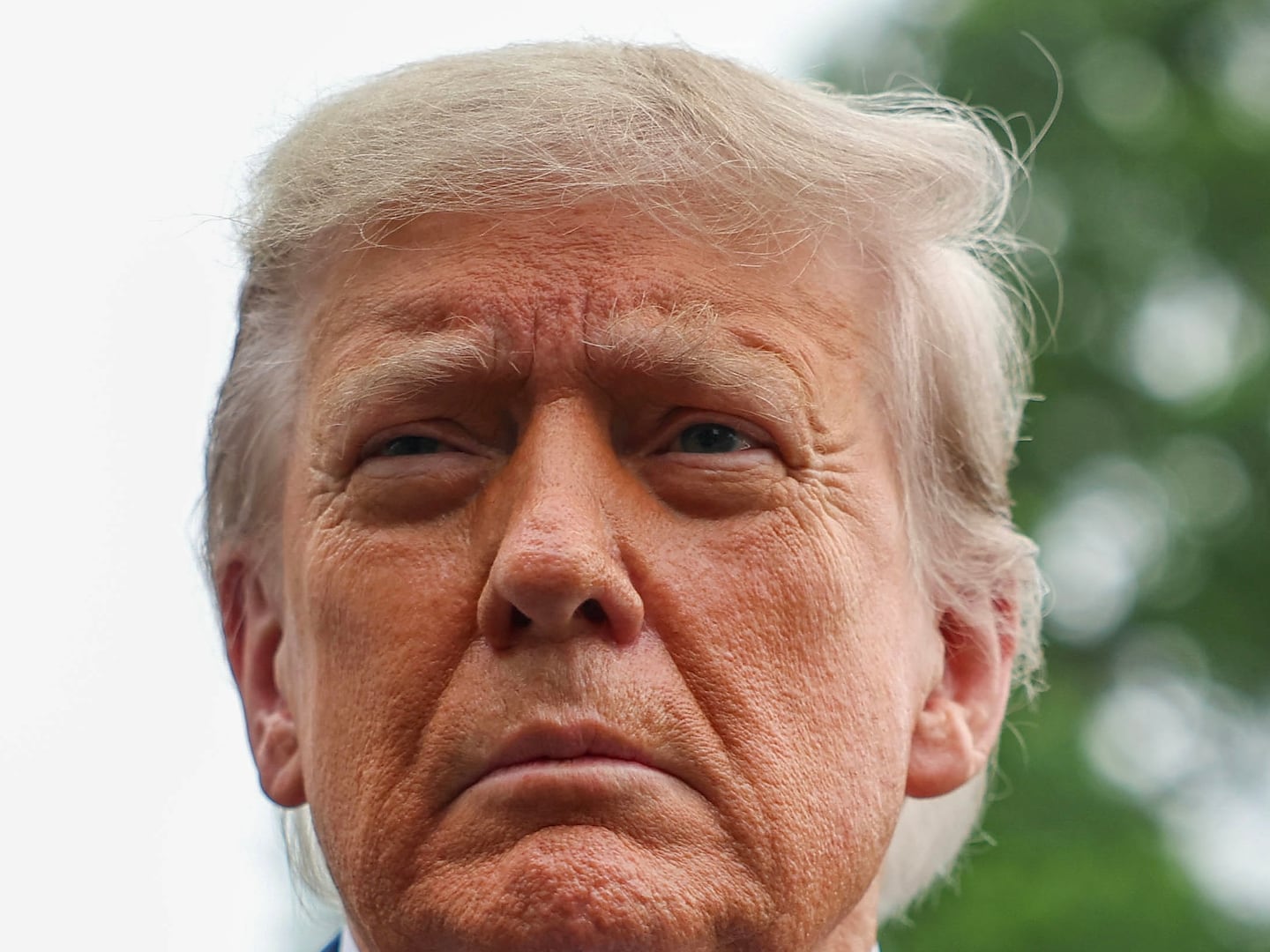Colleagues of the president of Argentina are trying to portray her indictment as an attempted coup d’état. In fact, it is a straightforward response to a series of monstrous crimes: a terrorist attack on a Buenos Aires Jewish center that killed 85 people in 1994, the apparent coverup of Iran’s role in the attack by Argentine officials at the highest level, and, then, just last month, the gunshot death of the government prosecutor who has been investigating the events for two decades.
The United States has been standing by now for years, ignoring Argentina’s behavior—in these and other matters—as a rogue state in our hemisphere. The latest developments demand a forceful and immediate U.S. response.
Formal charges were filed Friday against President Cristina Kirchner in connection with the alleged coverup—filed, in effect from the grave. The indictment was based on a 289-page criminal complaint by prosecutor Alberto Nisman, who was found dead under highly suspicious circumstances on Jan. 18, the night before he was scheduled to present the findings of his 20-year investigation to Argentina’s Congress.
Also charged in the indictment, based in part on two years of wiretaps, were Argentina’s foreign minister, Hector Timerman, and three others, including a former judge and legislator. The officials stand accused of conspiring with Iran to lift international arrest warrants issued by an Argentine judge in 2006 against nine Iranian officials, including former president Ali Akbar Hashemi Rafsanjani. Interpol the next year issued Red Notices (seeking the arrest of a wanted person for extradition) for six of the Iranians, plus an operative of the terrorist group Hezbollah who was later killed in Syria.
Nisman believed that Iran planned and funded the bombing, which was carried out by its ally Hezbollah. Later, according to the scenario in the indictment, Kirchner made a deal to prevent key Iranians from being prosecuted in return for access to oil.
A draft of Nisman’s request for the arrest of Kirchner and the others was found in a trash can in Nisman’s home. Now, a month later, prosecutor Gerardo Pollicita has filed a document in Argentine federal court accusing Kirchner and the others with trying to remove the Iranians from the Interpol lists in a 2013 deal.
Nisman himself was discovered shot in the head at his home with a .22 caliber handgun. An autopsy concluded that he killed himself, but doubts are widespread. The prosecutor investigating the death first said no documents were found in his residence, but after a newspaper showed images of the draft of the arrest warrant, the prosecutor admitted she was wrong.
Under Kirchner’s direction, Argentina, a country with a rich and proud heritage, has not only become cozy with Iran but also become an economic basket case, mired in recession with an inflation rate over 40 percent. Argentina has been censured by the International Monetary Fund for doctoring economic statistics and has flouted the rule of law and defied the U.S. Supreme Court and the World Bank to avoid paying debts.
For the sake of national security, the U.S. government needs to stop sitting on its hands and take these steps:
Conduct our own probe. It’s been 20 years since the atrocity at the Argentine Israelite Mutual Association building, but there are still no conclusive answers. The Obama administration and members of Congress, including Sen. Bob Menendez, the ranking Democrat on the Foreign Relations Committee, have called for a complete and transparent investigation by Argentina of Nisman’s death. Good luck. Congress should require that the U.S. start an investigation into the whole sordid mess, especially the Iranian connection. The Washington Post asked in an interview with Timerman on February 10th if Argentina would welcome U.S. help in a probe. The foreign minister demurred: “There is a problem sometimes with the United States. The United States thinks they can have a solution to every problem in every country of the world.”
Expel Argentina immediately from the Group of 20, the exclusive club dedicated to global financial stability and economic growth. A study for the National Taxpayers Union that I undertook with Alex Brill of the American Enterprise Institute found that, by any objective criteria, Argentina has no business being a member of the G20 anyway. Its continued membership taints an important organization.
Extend the Magnitsky Act. In response to the 2009 prison death of whistle-blowing Russian lawyer Sergei Magnitsky, the U.S. enacted a law that placed visa bans and freezes on assets of dozens of Russians involved in human rights abuses. The Magnitsky Rule of Law Accountability Act of 2012 should be extended to cover non-Russians involved in the Buenos Aires bombing and coverup deal. A current count, based on the allegations of Nisman and other responsible sources, includes eight Argentine officials and nine Iranians.
Thwart Argentina’s U.N. antics. Argentina and supporters like Russia and Venezuela have been making a mockery of the United Nations Human Rights Council, using it as a forum to vilify Argentina’s creditors rather than exposing abuses in countries like Argentina itself. Tolerating such tactics diminishes the authority of the U.N. itself. It’s time for our ambassador, Samantha Power, to push back relentlessly.
Kirchner’s supporters are saying that the entire affair, including Nisman’s death, is an elaborate plot to bring down the current administration. “This is an active judicial coup,” said the cabinet chief, Jorge Capitanich, quoted in The Guardian on Friday. “There is no proof at all. The people have to know that this is a vulgar lie, an enormous press operation.”
We don’t know all the facts yet, but the reckless nature of the Kirchner regime makes the story in the indictment highly plausible. At any rate, the U.S. has more than enough evidence to act decisively in a blow for stability and sanity in our own hemisphere.





